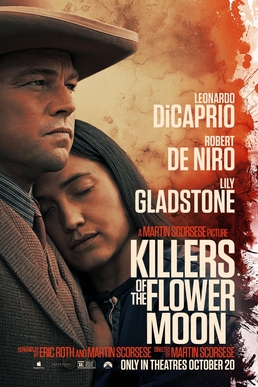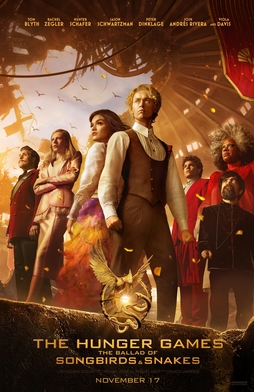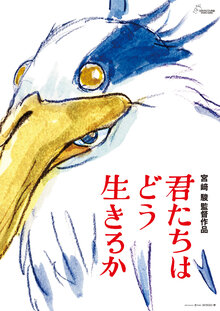HBOMax’s ‘Our Flag Means Death’ is Unapologetically Queer. And That’s a Good Thing.
Queer representation in media tends to have a certain look: white, skinny, and young. Characters who aren’t white are torn between being homophobic or racist caricatures. Plus-sized queer characters tend to spend much of their time lamenting about how their weight stops them from getting partners — James Cordens’ character in The Prom is an example of this. Gay men are flamboyant, judgmental, and love Lady Gaga, and gay women are mean Pseudo-Ellens who move in after the third day.
When I tuned into David Jenkins’ (People of Earth) and Taika Waititi’s (Thor: Ragnarok & JoJo Rabbit) HBOMax rom-com Our Flag Means Death, I did not intend to care about the queer representation as much as I did. It’s an absolutely fun, hilarious, and heartwarming show, and I assumed that would be my main takeaway. Don’t get me wrong, I knew that the show was ripe with queer characters; I had seen clips of a character being referred to with they/them pronouns on TikTok and the occasional gifset of a character referencing their own sexuality on Twitter. However, I anticipated the queer characters to follow the traditional look. I also anticipated that the queer characters would spend much of the series struggling with their own queerness, as is common in period dramas, such as the film Portait of a Lady on Fire.
The queer representation in Our Flag Means Death is plentiful: the black plus sized pirate Oluwande (Samson Kayo) who falls for non-binary assassin Jim (Vico Ortiz). The lisp-ridden, balding middle aged Pete (Matthew Maher), who is head over heels with their crews’ token skinny twinkish boy, Lucius (Nathan Foad). Most notable, however, are the show’s leads, Blackbeard (Taika Waititi) and Stede Bonnet (Rhys Darby.)
Having a show with six distinctly queer characters allows for distinct representation. Shows that stifle themselves to the typical queer representation “look” do not allow themselves more than the typical one or two queer characters. Even deeply revolutionary shows like Modern Family fall into this trap. That’s what makes this show’s queer representation work so well. By not sticking its characters into the Diva-loving, African American Vernacular English-appropriating gay stereotype, three different queer love stories can blossom without one feeling “more queer” than others.
Perhaps the most beautiful (and refreshing) part of this queer representation is how normalized it feels. This is especially rare in period dramas, where queerness is often undefined and treated as taboo. This pirate crew, aboard The Revenge, is undoubtedly openly queer. However, this queerness is rarely directly discussed. One of the most compelling scenes comes early in the season, when non-binary Jim, who has been disguised as a man for the first few episodes, is outed as being assigned female at birth. They insist that everybody keep calling them Jim, as that is what they are known as. The gaggle of pirates, though confused, easily obliges and begins referring to Jim in a non-binary context.
The other sets of queer characters are all cisgender, but not heterosexual. The queer element of Black Pete and Lucius’ relationship is never addressed; they’re both male pirates, in love, and that is that. The leading romance is only ever addressed as queer when being explained to an outside figure towards the end of the season. This queerness is quickly accepted and then never spoken of.
Often, people seem to function on the idea that queerness can only be open if a character sits everybody in their life down and utters quietly that they’re a member of the LGBTQIA+ community on screen. That side of queerness is an important story to tell. Without those stories, we have no way of comforting queer people who consider coming out to be a monumental part of their journey. However, we must also realize that people can be queer and hardly think about coming out. In Our Flag Means Death, that type of queer story is given life in a way that is refreshing and welcoming.

Kiersten Simpson is a senior. When not writing for the Echo, Simpson can be found onstage or derailing JCL meetings. Simpson has never been stung by a bee, but they are still seeking vengeance on a wasp that stung them. If anyone knows the whereabouts of a wasp that claims to have been on Pontoosuc Lake on May 27th, 2020, please alert Kiersten so justice may finally be properly served.






Bianca • Apr 21, 2022 at 8:11 pm
you slayed this